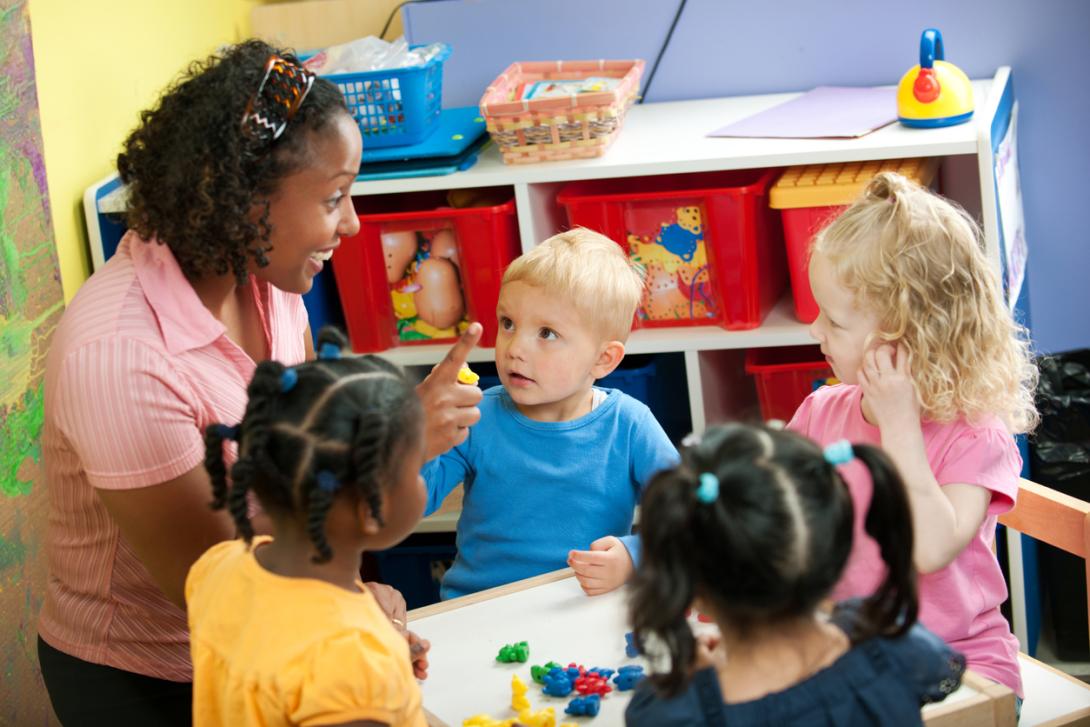Transforming Preschoolers’ Spatial Orientation: Leveraging New Technologies for Learning in Early Childhood Classrooms and at Home
The development of spatial orientation (SO) is a strong predictor of math skills and later school success and academic achievement. Thus, fostering SO skills before children enter formal schooling provides them with a sound foundation for later mathematical learning. Our project is titled Transforming Preschoolers' Spatial Orientation: Leveraging New Technologies for Learning in Early Childhood Classrooms and at Home. In this project, a team of learning scientists from the Education Development Center and Digital Promise Global, and public media producers from GBH, are developing and researching a preschool mathematics curriculum supplement. We are leveraging digital touch-screen tablets and augmented reality technologies with other hands-on, developmentally appropriate spatial learning activities. These activities are aimed to increase preschoolers’ SO learning and STEM identity, particularly for underrepresented and underserved groups. The project will engage 39 teachers, 50 families, and approximately 585-780 preschool children in SO classroom and family SO learning activities. In addition, the project will generate a new augmented reality tablet app, a digital teachers’ guide for preschool classrooms, a digital family guide, and a validated SO assessment for preschool students. Findings from this study will illuminate the potential for this approach on preschoolers’ SO learning. The study will also add to the literature on how to design digital activities that foster learning and knowledge that the field can capitalize on for other domains and age groups.
